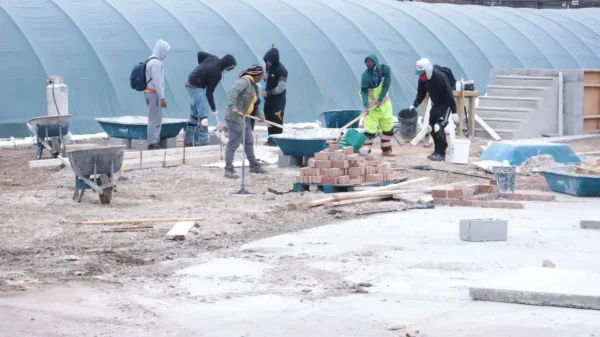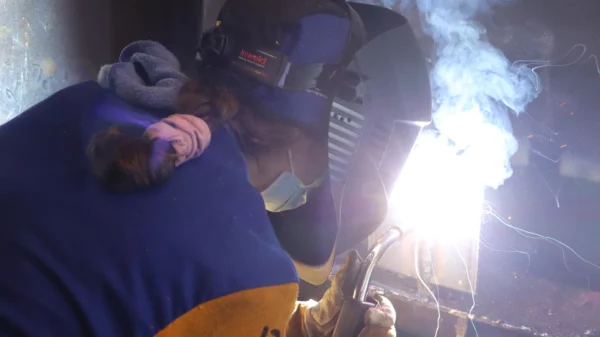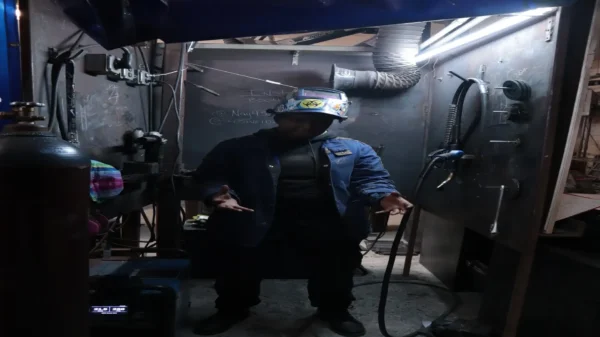The construction industry is one of the sectors that serve a lot of skilled trade jobs in demand and provide employment opportunities to a huge number of people. This industry consists of a broad horizon of high paying skilled trade jobs in demand that vary depending upon various factors like the incumbent’s experience, skills, the employer and the geographical locale.
The industry demands someone who can build or move structures like bridges, scaffolding, or barricades, preparing trenches, fill holes, or compress the soil, operate machineries such as diggers, hammers and drills and assists other craftsmen, such as joiners and roofers in the completion of the construction project.
Worth Considering Jobs In The Construction Industry
The following list portrays the primary job opportunities the construction industry gives to an interested candidate. These are:
A Construction worker
The major onus on a construction worker is to perform the primary physical work. His duties involve physical labour to transport supplies and materials at the job site, get the job site ready, test and supervise the machinery and devices, measure and cut off required articles to the predetermined specifications and utilize several hand tools and labour-saving tools while constructing.
Additionally, they read blueprints to know project requirements and assure to pursue health and safety protocols and techniques on the working site. Construction programs lend the necessary credibility and legitimacy that the industry reveres.
A Construction Inspector
A construction inspector is a worker hired by the local government. He/she primarily visits working sites and investigates whether the work is being executed according to the protocols.
He/she assures all buildings and structures acknowledge contract specifications, zoning regulations, additional building codes, laws and safety regulations.
A Flooring Installer
A flooring installer applies and completes the floors inside the buildings, towers, mansions and other sites according to the assigned project’s specifications.
Their work mandates them to install various types of floors that include linoleum, wood, tile, laminate, carpet, and vinyl.
A Surveyor
A surveyor is responsible to visit potential job sites before the start of construction, analyze the job site, estimate and record data about the site’s area, height and structure. Get your management degree from a certified institute to become a credible surveyor.
Surveyors’ recorded data is used to compare the factual details of the work with the existing records, draw and upgrade the boundary lines, infer locations for buildings, and even outline the project’s requirements for the foundation.
A Glazier
A glazier has to cut and put in glass for windows, skylights, storefronts, even display cases. They use program specifications or customer demand notes to cut the glass to the mandatory size, colour, shape and thickness.
Glaziers remove the old/broken glass pieces before putting in the new ones. He/she has to add a weather seal compound around the edges of the glass for satisfactory results.
A Brick Mason
A Brick mason’s initial work is to build walls, fireplaces, patios, walkways, fences, decorative trims and other structures using concrete bricks or artificial stones.
They also are responsible to cut the brick or stone to the exact size and shape, mix and apply the grout to complete the contour. Join a construction training program and get to develop the hands-on skills needed in this industry.
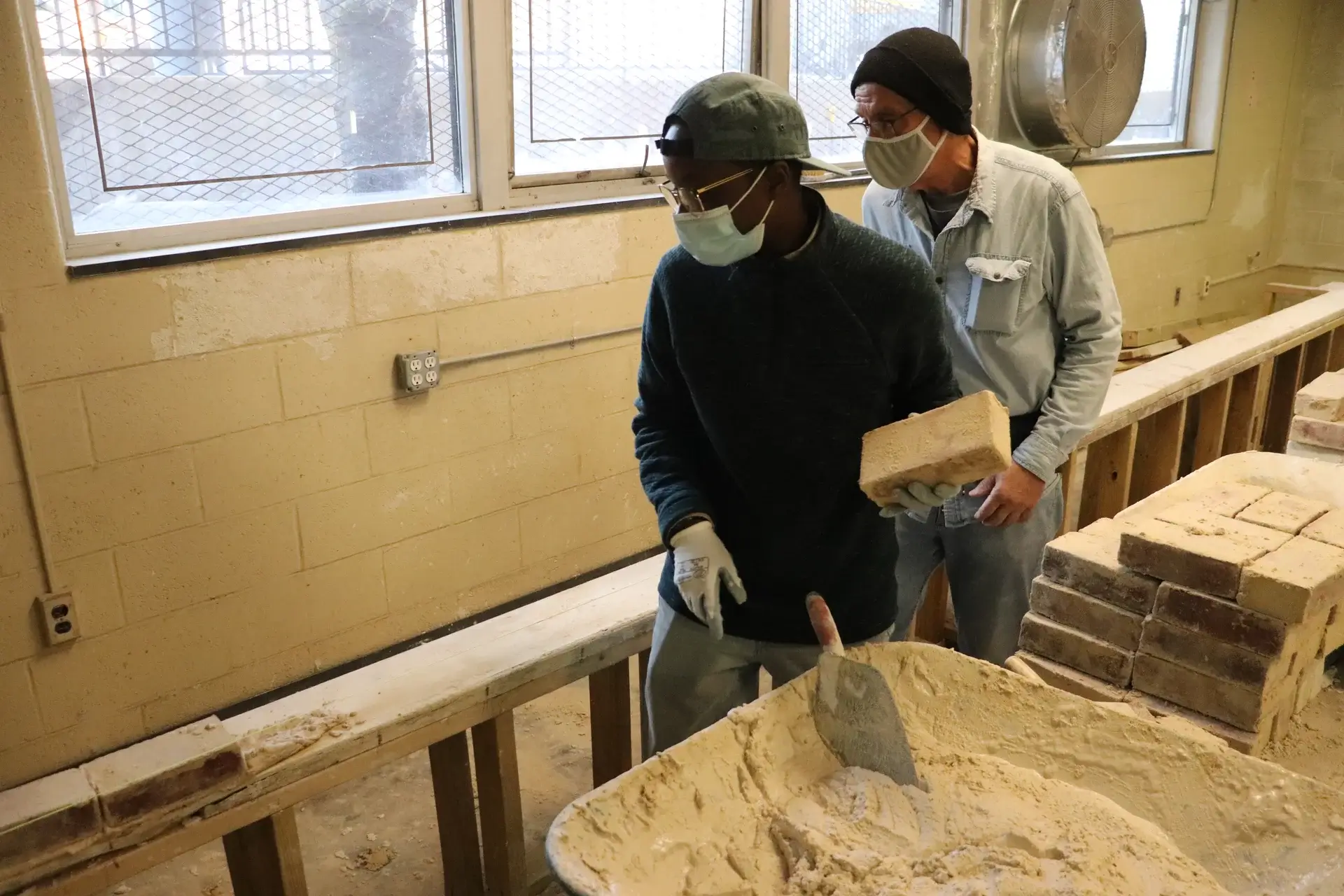
A Roofer
A roofer’s job is to install and repair roofs for construction purposes such as in residential and commercial buildings. Additionally, they also check, repair and conserve roofs on buildings for their long-life durability.
An Ironworker
As the name suggests, Ironworkers use iron and steel for the construction of various buildings such as commercial, industrial and public amenities. These include roads and highways, bridges and large skyscrapers. Ironworkers use crane operators for the movement of iron or steel into the right area.
They instruct crane operators by hand and signal them to lift and position the material into the right place. Ironworkers also read blueprints and sketches to ensure that they’re on the right track.
A Crane Operator
Crane operators work with a variety of cranes to shift heavy and large materials from one place to another at the correct position of the materials. They can work in coordination with other construction professionals who instruct them from the ground by using hand signals or voice connections.
Crane operators furthermore look at cranes and their hydraulics before using them. If found some flaw, he/she makes minor repairs and documents the stuff they moved on the site.
A Civil Engineer
A Civil engineers’ job is to develop construction projects and to assure that the project’s goals will be achieved feasibly and on time.
They make it possible through
- Evaluation of the budget and fund requirements
- Review of the design practicality
- Evaluation of the project’s environmental impact
- Sustainability
- Legal requirements.
Civil engineers are also accountable to recognize and then settle any problems that arise while the design and developments in a project are under process.
A Carpenter
A carpenter’s job involves working with a variety of materials such as drywall wood
and fibreglass and build, remodel, install or repair framework structures such as door frames, counters, cabinetry, rafters, partitions, moulding stairways in residential, commercial (industrial) buildings.
They take the help of blueprints and building plans to prepare drawings and drafts of their plans for their client satisfaction. To correctly measure and shape the materials they use selected tools by reading blueprints. At times carpenters may also take the help of cranes to put in or level the framework.
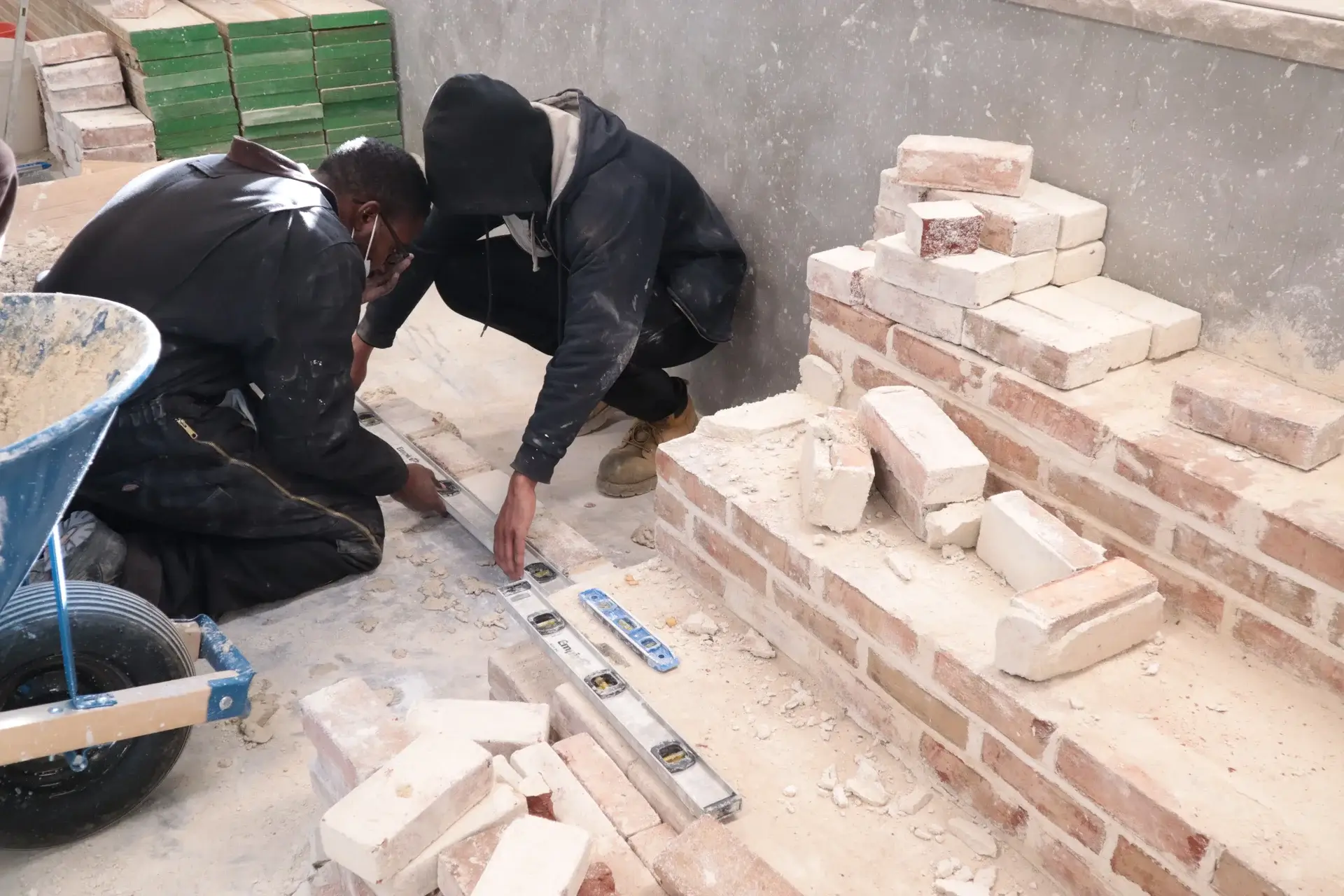
A Construction Manager
A construction manager is one of the main pillars for building a project. Sometimes they are also called project managers. Their job is to plan, coordinate and look after all elements associated with a construction project.
The tasks of a construction manager are mainly based on the extent of the construction project and the other managers they are serving with. Their work can include assigning and training workers and subcontractors(recreate project timelines).
They:
- Manage worker schedules
- Coordinate daily activities for all the workers
- Negotiate project costs
- Communicate project progress updates to clients
- Ensure everyone on the job site works together as a team.
- Oversee all workers ensure that the project remains on schedule and within the budget.
Conclusion
The construction industry has huge coverage of constructing a variety of buildings that require a variety of professionals to work upon them. Career avenues and job profiles in the industry are numerous. Choose one that fits your skill-set and abilities.










